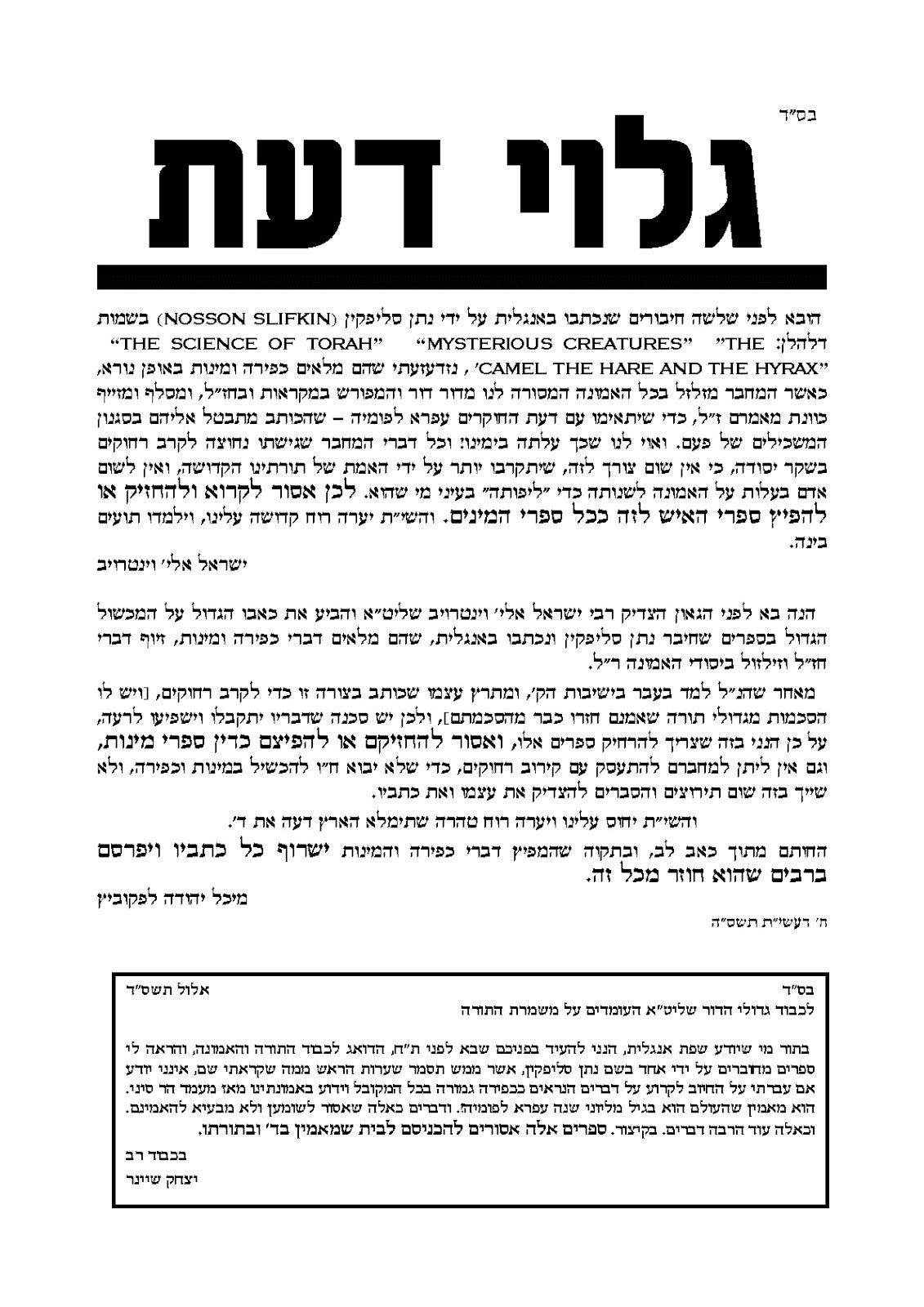An Unexpected Turn Of Events

Twelve years ago, the notorious controversy over my books was responsible for immense turmoil and stress in my life. One of the most hurtful episodes occurred one day after mincha at a local Israeli charedi shul where I davenned during the week. As I left the shul, the owner of the shul approached me and told me that I was not allowed to davven there any more. I had never been thrown out of anything in my life (contrary to the slander spread by some unsavory individuals), and the feelings of frustration, anger and rejection were overwhelming. It was the closest I had ever gotten in my life to hitting someone out of anger.
Over the ensuing years, I sometimes saw this person in the neighborhood, and it always aroused feelings of intense resentment. He was also involved in other activities of religious zealotry, including disrupting a concert in the local park because it caused charedi kids to mingle with dati-leumi kids. He started giving shiurim after davenning in another charedi shul that I sometimes davven at, and I would walk out when he entered to speak.
Earlier this week, I was at a wedding, and this person was there. He saw me and approached me to talk to me. As soon as I saw him, I felt the familiar feeling of loathing. I tensed up, getting ready for another confrontation.
He came up to me, and told me that he wanted to ask my forgiveness.

My jaw dropped.
He told me that he was very sorry. He said that at the time, a certain rabbi had called him and put a lot of pressure on him to throw me out of the shul, and he had caved to it, but he'd been feeling terrible about it ever since. There had been several times over the years when he had intended to approach me to ask forgiveness, but he hadn't followed through.
My emotions were swirling. I now knew how Harry Potter felt when he found out that Snape was secretly working to protect him. All those feelings of resentment dissipated, and I wholeheartedly forgave him.
There are a number of potential lessons to take from this. One is that someone who has wronged you might actually be feeling bad about it. Another is that if you do feel bad for having wronged someone, it's a good idea to make amends sooner rather than later.
But it also reminded me of how, at the time, there was a kind of mass hysteria going on. The essay Slifkin, Salem and the Senator compares elements of that period to other notorious witch-hunts, but it does not highlight the mass hysteria aspect. I've discussed mass hysteria in other contexts - the KosherSwitch controversy and the alleged Sanhedria ritual abuse cult. People get swept up in events, and they say or do things that they later regret. When such episodes are taking place, it's often a good idea to keep quiet, step back, and wait for things to calm down before analyzing the situation.



